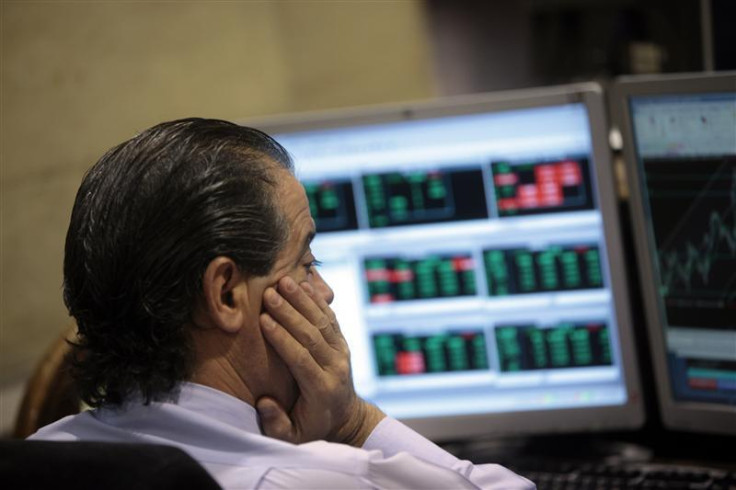Scientists Create Tiny Crystals That Revolutionise Computing

An international team of scientists has developed tiny ion-crystals - by using just 300 atoms - that allow computers to perform at great speed.
"Computing technology has taken a huge leap forward using a crystal with just 300 atoms suspended in space," said Dr Michael Biercuk, from the University's School of Physics and ARC Centre of Excellence for Engineered Quantum Systems.
The study claims that tiny ion-crystals, smaller in size, can perform calculations that a supercomputer, larger in size, does.
"The projected performance of this new experimental quantum simulator eclipses the current maximum capacity of any known computer by an astonishing 10 to the power of 80. That is 1 followed by 80 zeros, in other words 80 orders of magnitude, a truly mind-boggling scale," said Dr Biercuk.
Scientists have used the tiny crystals to create a new kind of quantum computer that uses the power of atoms to perform calculations known as quantum simulators.
They believe that quantum simulators have tremendous potential to solve a variety of challenging problems in materials science, chemistry, and biology, with much greater efficiency than conventional computers.
The revolutionary crystal exceeds all previous experimental attempts in providing "programmability" and the critical threshold of qubits, a unit measuring quantum information, needed for the simulator to exceed the capability of most supercomputers, according to the researchers.
To create the quantum simulators, scientists studied the interactions of spins in the field of quantum magnetism. They claim that interactions of spins in the field of quantum magnetism are a key problem that underlies new discoveries in materials science for energy, biology, and medicine.
"For instance, we hope to study the spin interactions predicted by models for high-temperature superconductivity, a physical phenomenon that has yet to be explained, but has the potential to revolutionise power distribution and high-speed transport," said Dr Micheal Biercuk.
Watch the video:
© Copyright IBTimes 2025. All rights reserved.





















